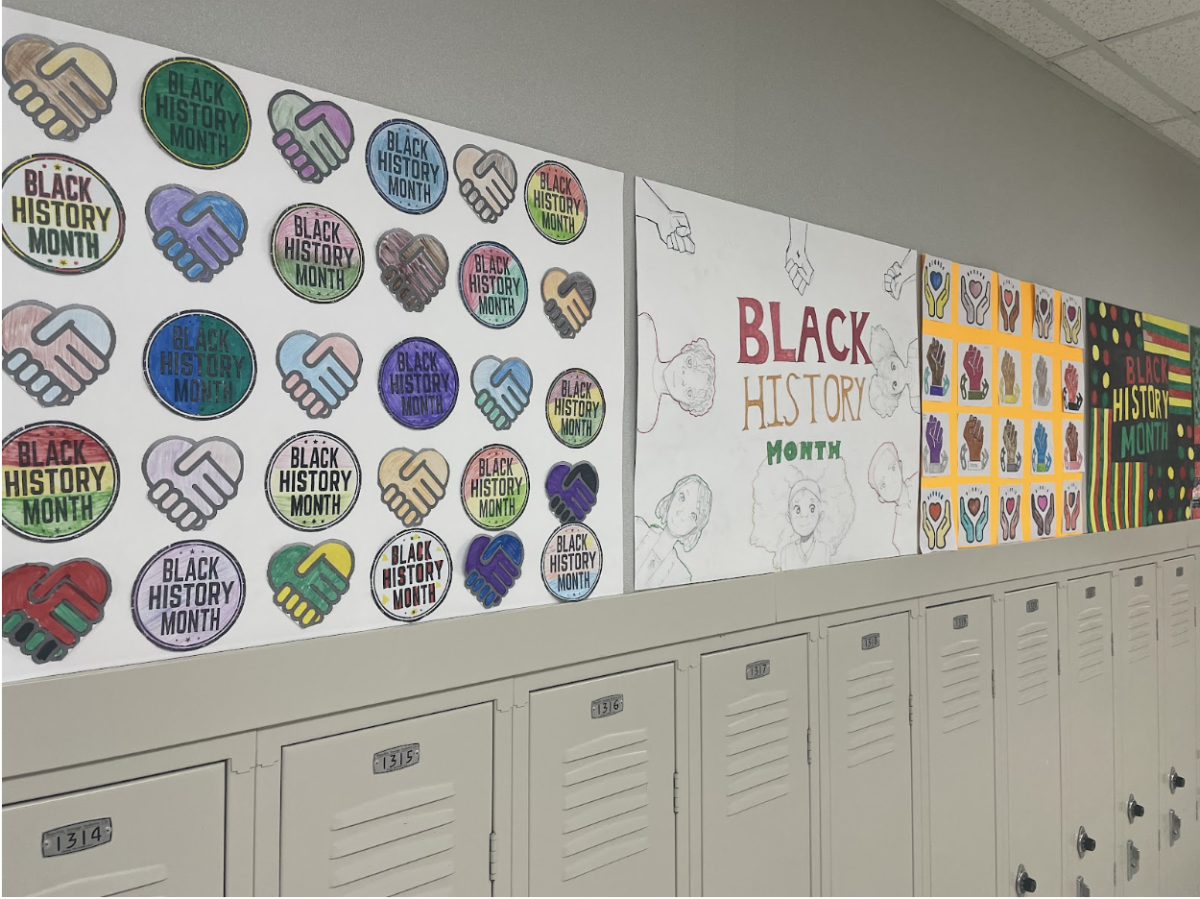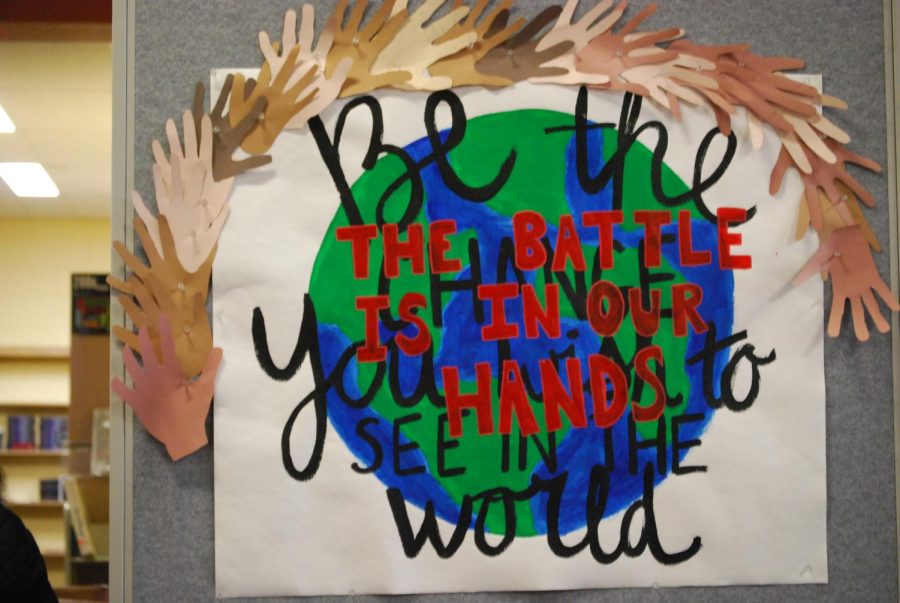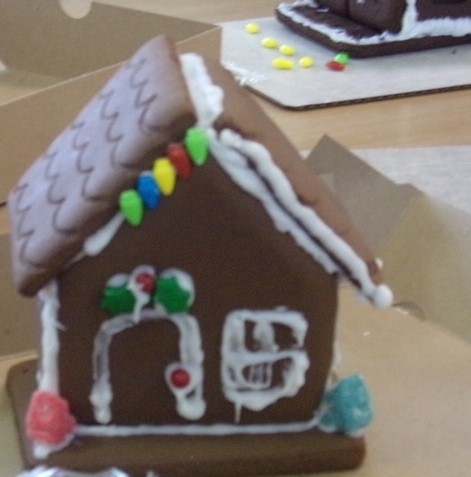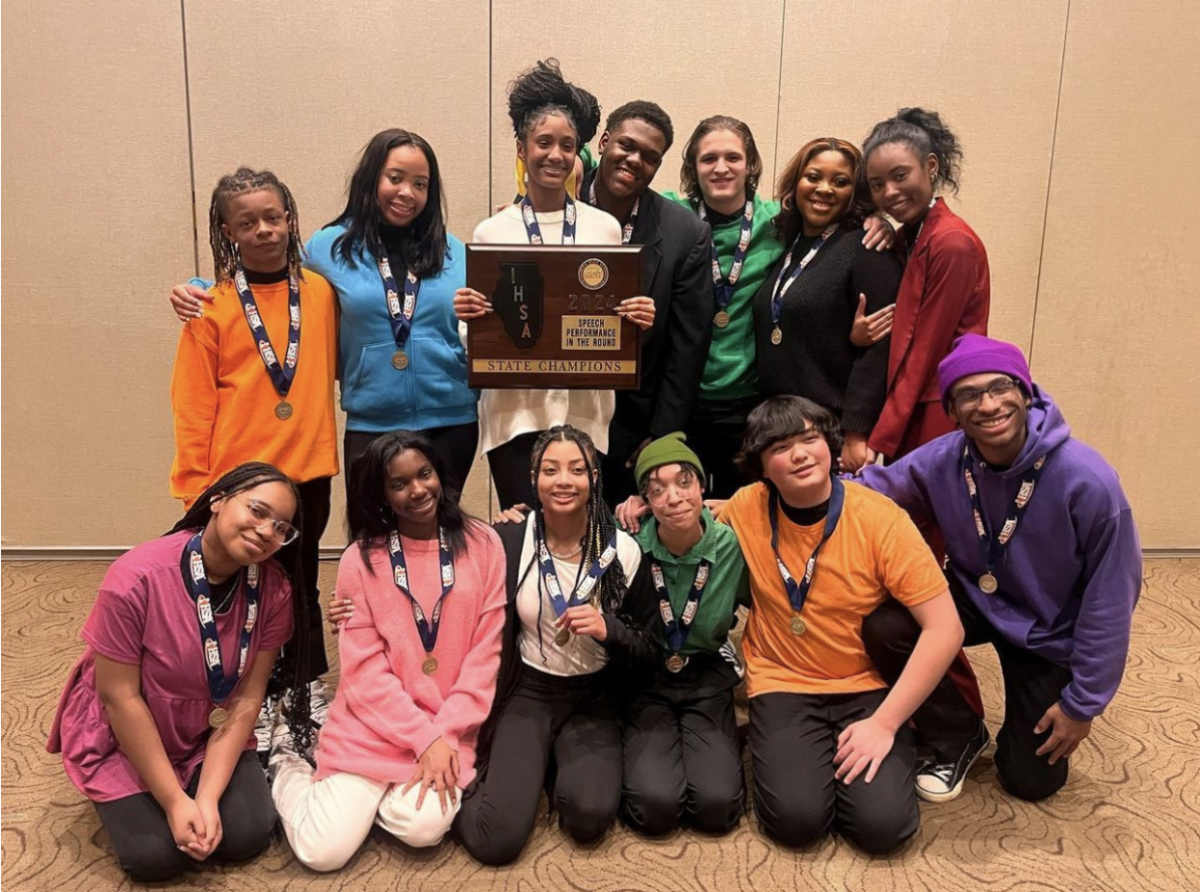More Teens Dealing With Depression, Anxiety
The help you need may be closer than you think
November 28, 2022
Did you know that 1 in 3 high school students struggle with symptoms of mental disorders?
According to the Centers for Disease Control (CDC), the level of mental disorders in American teens have increased by 40% since 2009.
Mrs. Johnson, a social worker at Marian Catholic High School, has an understanding of the symptoms of mental disorders teens face today.
Depression, Mrs. Johnson explains, is not a cover for laziness and anxiety is not simply another name for general fear. What some people don’t know is how their academic career is affected by their emotions.
As it is, one way or another coronavirus has taken a toll on most teens today, especially those who started high school through remote learning.
According to the CDC, in 2021, more than a third of high school students reported they experienced poor mentality during the COVID-19 pandemic, and 44% reported they persistently felt sad for the duration since 2020.
Today’s society talks about “just getting over it” especially from an academic point of view.
Yet, it’s important for us, as people, to understand and trust that these issues are not feelings able to be dismissed at a moment’s notice. These issues have great depth that will take longer with which to cope.
Furthermore, it’s important for schools to understand the severity of everything and not to create a pressure packed environment that will drain a student’s mental state further.
At Marian, there is a safety net of people who strive to make students as comfortable as possible while continuing to stay aware of one’s education.
A study from Johns Hopkins agrees with the importance of having a safety net as a support system stating that most schools that have accommodating adults who can intervene when they notice a displaced student, can make a positive impact on that individual.
If you or anyone you know is suffering from mental stress, coping can be extremely tricky. Mrs. Johnson suggests listening to music, exercise, mind games and caring for animals as key coping strategies.
For those unable to seek professional help outside of school, speaking to your teachers or campus counselors is a great alternative.










